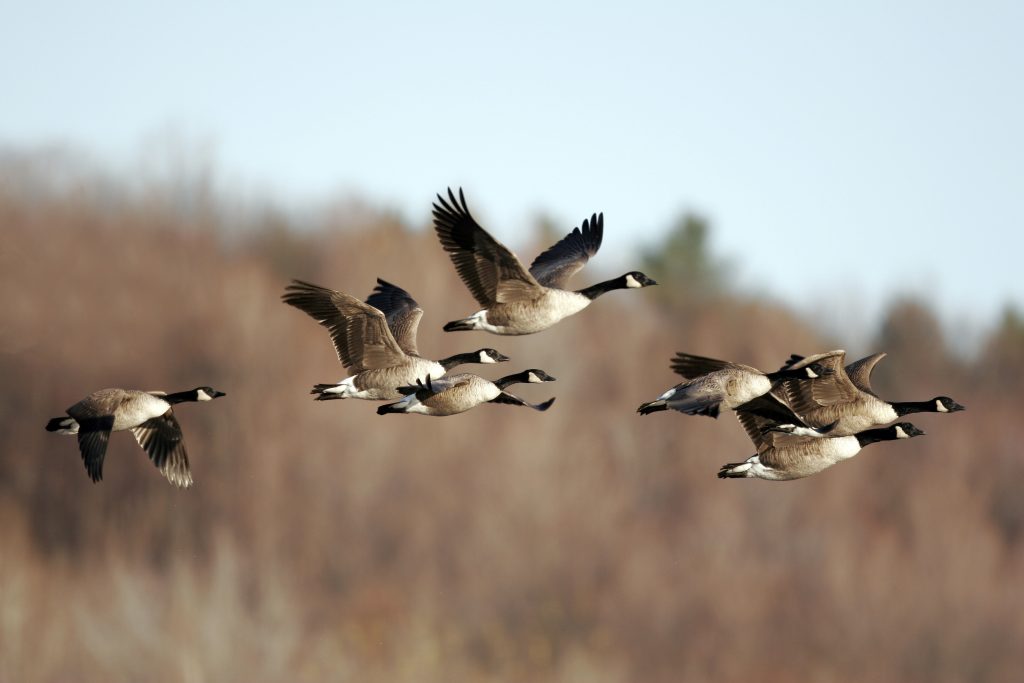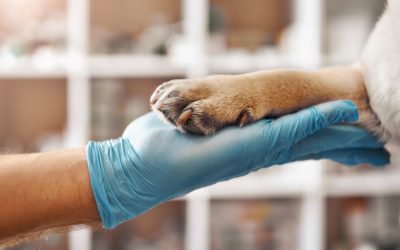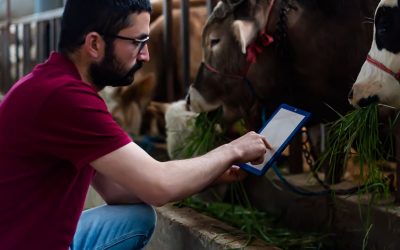Bird flu – Latest situation: Chief Vet warns poultry keepers to take urgent action now or risk losing flocks to bird flu
Current situation
The UK’s Chief Veterinary Officer Christine Middlemiss is urging all poultry keepers not to be complacent and to undertake the urgent biosecurity measures needed to keep their birds safe and help stop the spread of bird flu.
The UK is facing its largest ever outbreak of bird flu with over 60 cases confirmed across the country since the start of November. To help mitigate the spread of disease, the Government introduced new housing measures last month which means that if you keep chickens, ducks, geese or any other birds you are now legally required to keep them indoors and to follow strict biosecurity measures. If you do not do this, the disease could kill your birds and you could be fined.
Wild birds migrating to the UK from mainland Europe during the winter months and other wildlife spread the disease so it is vital to not allow wild birds to mix with your chickens, ducks, geese or other birds.
People can also spread the disease on their clothes and shoes so before going into bird enclosures you should wash your hands, and change or clean and disinfect your footwear.
Public health advice remains that the risk to human health from the virus is very low and food standards bodies advise that avian influenzas pose a very low food safety risk for UK consumers. Do not touch or pick up any dead or sick birds that you find and instead report them to the relevant helpline below. There is no impact on the consumption of properly cooked poultry products including eggs.
The Chief Veterinary Officer is reminding all poultry keepers that whilst the main source of infection comes from migratory wild birds, those failing to implement these measures risk infecting their own flocks by walking the virus into their holdings.
UK Chief Veterinary Officer Christine Middlemiss said:
We have taken swift action to limit the spread of the disease including introducing housing measures. However we are seeing a growing number of bird flu cases both on commercial farms and in backyard birds right across the country.
Many poultry keepers have excellent biosecurity standards but the number of cases we are seeing suggests that not enough is being done to keep bird flu out. Whether you keep just a few birds or thousands you must take action now to protect your birds from this highly infectious disease.
Implementing scrupulous biosecurity has never been more critical. You must regularly clean and disinfect your footwear and clothes before entering enclosures, stop your birds mixing with any wild birds and only allow visitors that are strictly necessary. It is your actions that will help keep your birds safe.
The legal requirement to house birds and to step up biosecurity measures will be kept under regular review as part of the government’s work to protect flocks.
Avian influenza is in no way connected to the COVID-19 pandemic, which is caused by the SARS-CoV-2 virus and is not carried in poultry or captive birds.
Advice to poultry keepers
All bird keepers must keep a close watch on them for signs of disease and maintain good biosecurity at all times. If you have any concerns about the health of your birds, seek prompt advice from your vet.
Poultry keepers must:
- house or net all poultry and captive birds to keep them separate from wild birds
- cleanse and disinfect clothing, footwear, equipment and vehicles before and after contact with poultry and captive birds – if practical, use disposable protective clothing
- reduce the movement of people, vehicles or equipment to and from areas where poultry and captive birds are kept, to minimise contamination from manure, slurry and other products, and use effective vermin control
- thoroughly cleanse and disinfect housing on a continuous basis
- keep fresh disinfectant at the right concentration at all farm and poultry housing entry and exit points
- minimise direct and indirect contact between poultry and captive birds and wild birds, including making sure all feed and water is not accessible to wild birds
See our biosecurity advice for more information.



